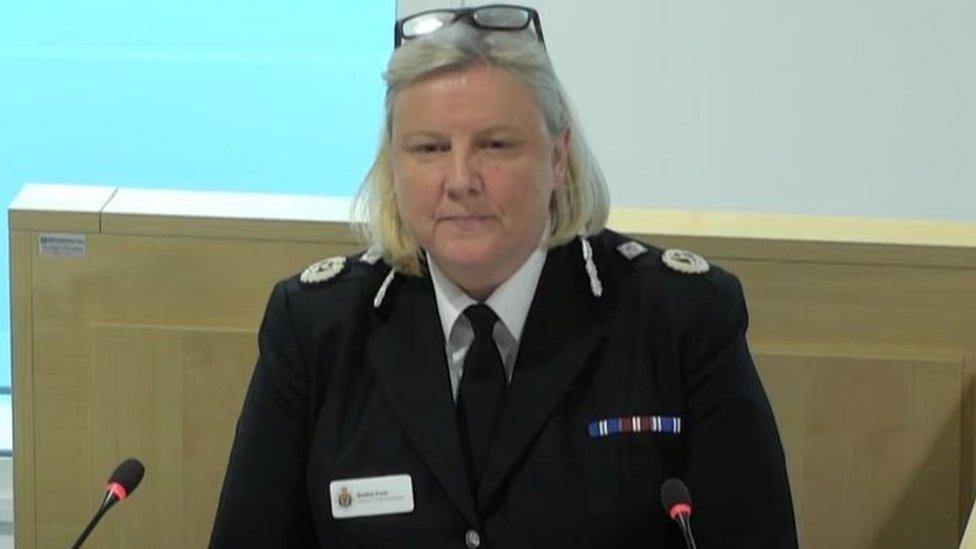Manchester Arena Inquiry: Doctor says he was overwhelmed with patients
- Published
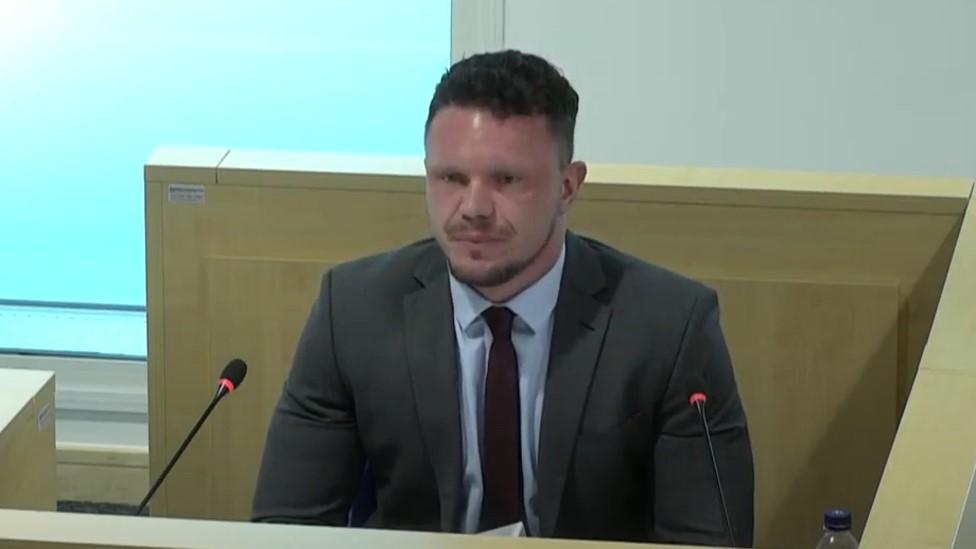
Dr Michael Daley said it was "absolutely remarkable" how people helped after the Manchester Arena bomb
A doctor has told an inquiry he was "overwhelmed" at the number of casualties he had to deal with following the Manchester Arena attack.
Dr Michael Daley was on-call and was one of the first medical responders at the scene of the bombing in May 2017.
He was triaging patients at the Victoria Train Station concourse after they were brought out of the arena foyer on makeshift stretchers.
Dr Daley said it became difficult to cope with the amount of people.
Twenty-two people were killed when Salman Abedi detonated a bomb at the end of an Ariana Grande concert at about 22:30 BST on 22 May 2017.
Dr Daley told the public inquiry into the atrocity that patients "were being brought down very, very quickly and we weren't able to triage each patient as they came to the bottom of the steps and then they were just being placed wherever there was space".
"It was just the sheer speed and volume that they were coming down in," he said.
Dr Daley admitted at that stage he was "personally overwhelmed".
Police officers, security staff and members of the public all helped carry out casualties on tables, advertising hoardings and metal barriers.
Praising their efforts, Dr Daley said: "In some ways I thought it was absolutely remarkable that people were assisting the way they were.
"It wasn't a very dignified way of bringing patients down to us, but they were extricated from the scene a lot more quickly than they would have been had we waited for stretchers, including scoop stretchers.
"We just wanted to get those patients out of that unsafe area to one where we could begin to treat them properly."

Twenty-two people were killed in the May 2017 bombing
The inquiry was told that Dr Daley had finished his on-call shift and was walking home through Manchester city centre when a man told him a bomb had exploded at the arena.
He said he ran home to get his ID and then headed to the arena, arriving about 30 minutes after the detonation.
The medic told the court that he and ambulance commander Dan Smith were stopped by an armed police officer from going into the arena foyer.
"We were told that it wasn't safe to go up there, they didn't want anyone else going up and we weren't allowed to," he said.
Dr Daley said that ambulance policy at the time meant unprotected responders like him could not go into a hot zone, an area deemed to be dangerous.
He was asked why it was not safe for ambulance staff to be in the foyer when unarmed police, security stewards and members of the public were.
"Those people were already up there and were in a risky situation. What we decided was not to put any further lives into a risky situation based upon policy," he said.
Inquiry chairman Sir John Saunders will publish the first volume of his report on 17 June.
It will focus on security issues at the arena and will also include recommendations on the government's proposed 'Protect Duty', which aims to improve counter-terrorism measures in all public places.

Why not follow BBC North West on Facebook, external, Twitter, external and Instagram, external? You can also send story ideas to northwest.newsonline@bbc.co.uk
Related topics
- Published26 May 2021
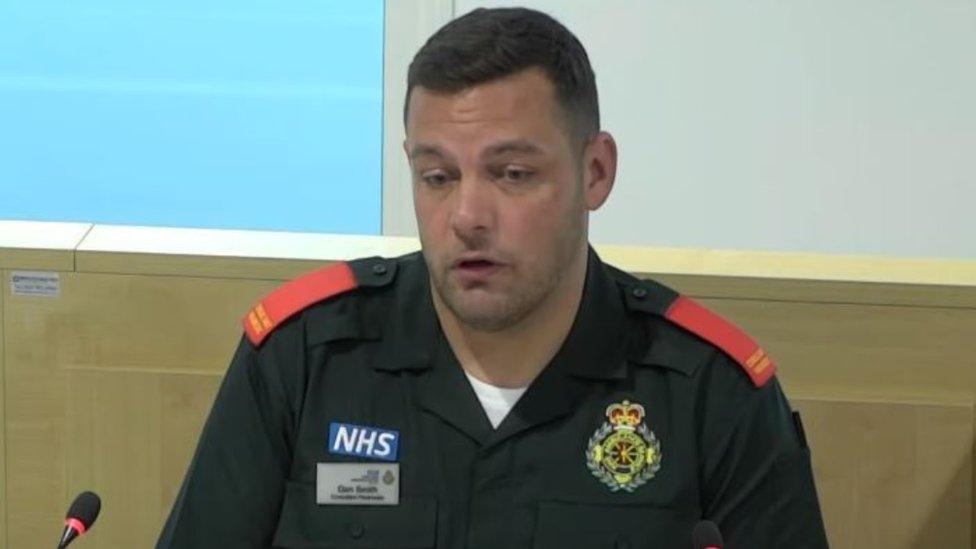
- Published25 May 2021
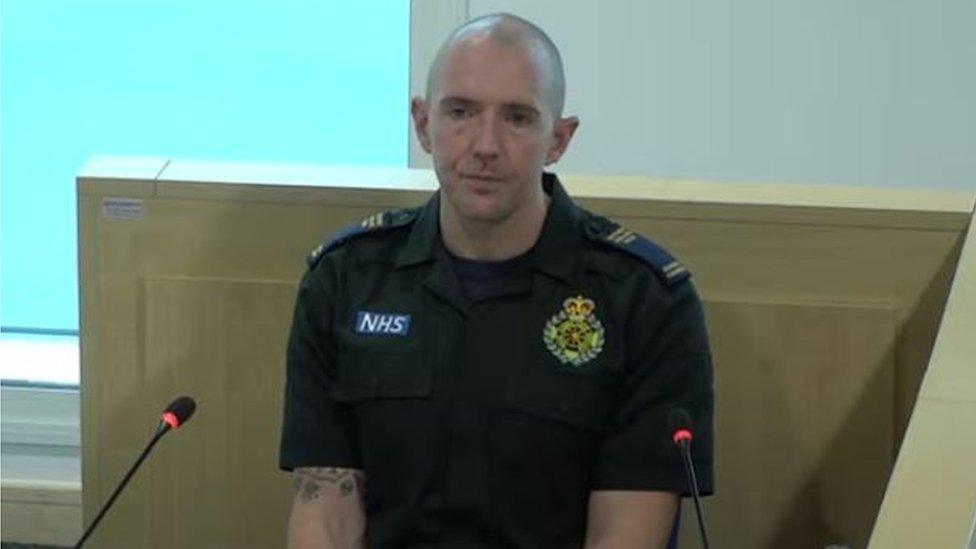
- Published24 May 2021

- Published20 May 2021
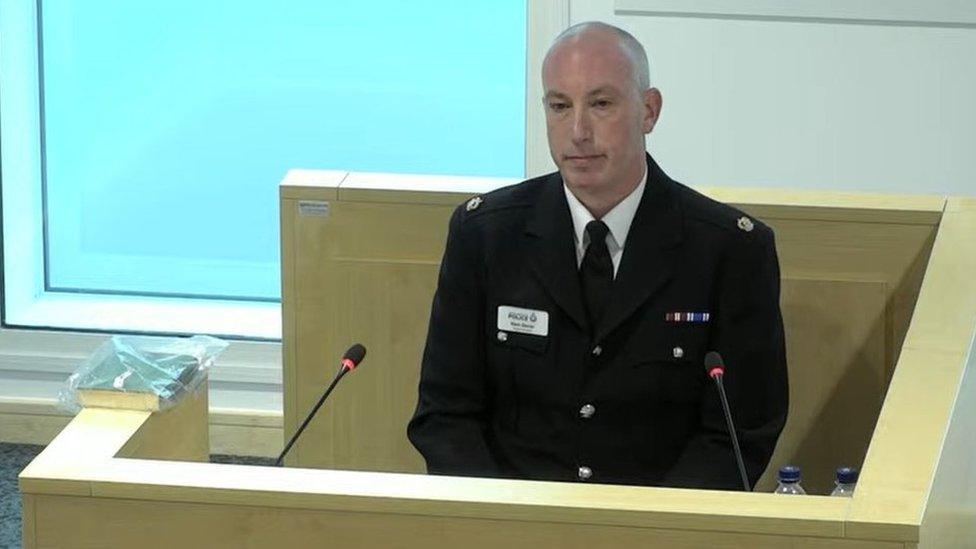
- Published19 May 2021
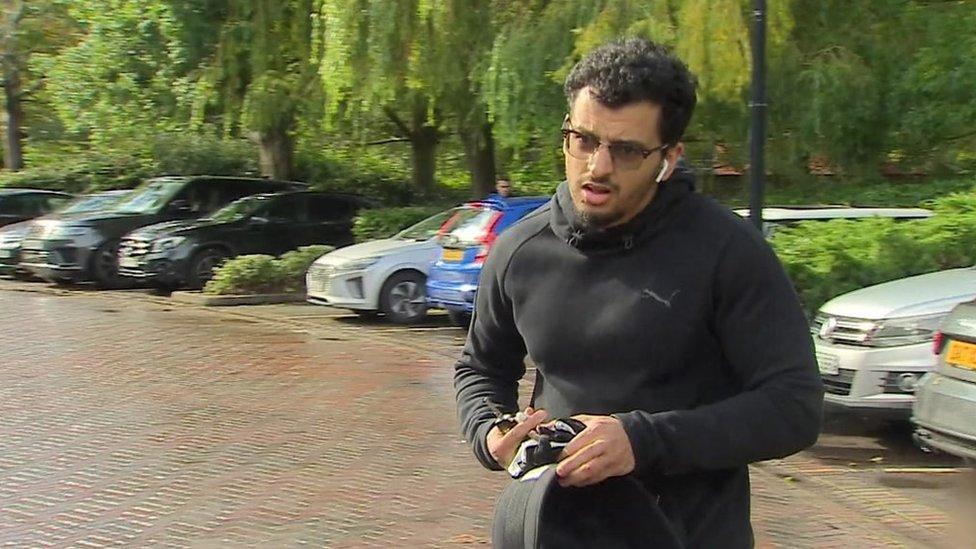
- Published18 May 2021
